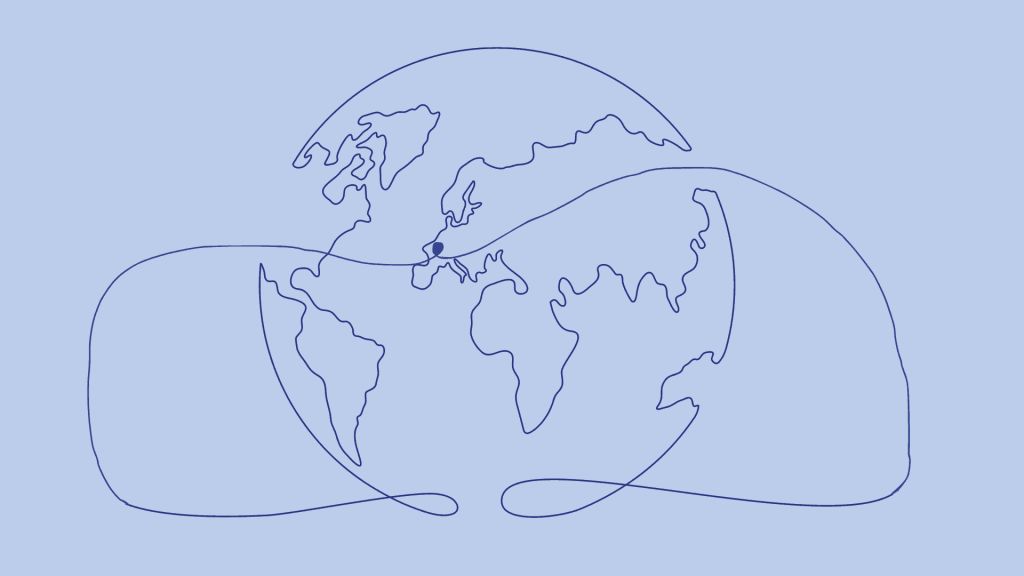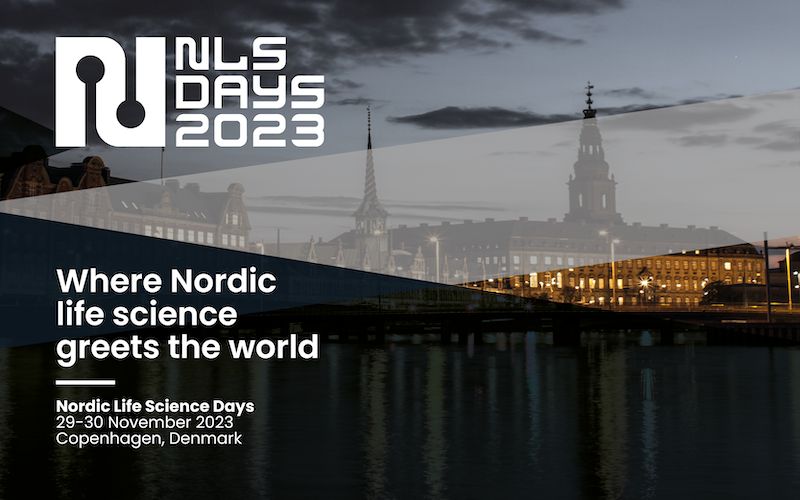- Market Info
France is more competitive and attractive than ever!

The 2018 edition of the attractiveness scoreboard shows that the French business environment is becoming more competitive, innovative and attractive for foreign investors and international talents. France is also taking the leadership in the battle against climate change, with many initiatives and commitment to reduce its carbon footprint on the environment. Here are the highlights of the report.
A business environment becoming more competitive, a direct impact of the reforms to the cost of work undertaken in recent years.
Growth in labour costs has been firmly under control in France since 2013, notably in industry, thanks to the introduction of the competitiveness and employment tax credit (CICE) and the responsibility pact. Hourly labour costs remain high in France, at €38.80 in 2017, higher than the euro zone average (€33.40), Italy (€27.80) and Spain (€23.30), but remain lower than Germany (€40.20), Sweden (€41.90) and Belgium (€44.80).
Key figures (Kantar Public/Business France – November 2018)
- 83% of businesses believe that France is a country that is committed to reforms to modernize its economy, +13% compared to 2016.
- 85% consider the transformation of the competitiveness and employment tax credit (CICE) into a permanent lowering of social security contributions has had a positive impact on France’s attractiveness.
- 80% think that French industry is attractive.
- 68% of businesses believe that labour costs in France are attractive for foreign investment (+13 % compared to 2016).
A modern administrative and regulatory environment, favourable to business creation.
France is ranked 9th in the world for e-government (5th in Europe), and 4th in our sample. France performs particularly well in terms of the quality and accessibility of online services, for which it is ranked 4th in the world. (United Nations E-Government Survey 2018)
The World Bank’s Doing Business publication also underlines the quality and efficiency of the administrative environment in France, which remains in 1st place for trading across borders, thanks to simplified customs procedures.
Gross data for the cumulative number of businesses created during the last 12 months continues to show an acceleration (+17.9%, after +16.7% in August and +16.2% in July).
For the economy, the number of active enterprises in France grew by +1.9% in 2016, versus +1.3% for the EU-28. The rate of company creation for the economy in 2017 was 9.7% in France, ahead of Germany (7.2%).
France also boasted the sample’s 3rd lowest enterprise death rate (4.7%) in 2016, after Ireland (2%) and Belgium (3.3%).
Key figures (Kantar Public/Business France – November 2018)
- 84,5% of respondents believe that France is a country focused on the future (+12% compared to 2016).
- 80% believe that France is a country where it is easy to do business (+12% compared to 2016).
- 73,5% believe that France is a startup nation.
Read more: France Attractiveness Scoreboard 2018
France is an innovative economy
France offers businesses the world’s most beneficial tax treatment of R&D with the introduction and consolidation of the research tax credit (amounts awarded to 24,000 businesses of €5.7 billion in 2017).
Key figures (Kantar Public/Business France – November 2018)
- 83% of businesses believe that France is an innovative country (+11% compared to 2016).
- 85% of businesses believe that the French ecosystem encourages innovation.
- 77% of businesses believe that the cost of R&D activities in France is attractive for R&D investments (+11% compared to 2016).
Corporate financing in France, increasing opportunity for SMEs and micro-enterprises
According to the Banque de France quarterly corporate bank lending survey, 87% of SMEs obtained all or most of the cash advances they applied for in the second quarter of 2018.
Venture capital is a key strength for France, ranked second among the countries in our sample: venture capital investment amounted to 0.045% of GDP in 2016, more than in the UK (0.031%) and in Germany (0.025%).
In the first three quarters of 2018, France was ranked 3rd in the sample in terms of amounts raised (United Kingdom €5.1 billion, Germany €3.1 billion, France €2.8 billion), and 2nd for the number of transactions (United Kingdom 588, France 431, Sweden 246, Germany 216).
Key figures (Kantar Public/Business France – November 2018)
- 81% of businesses believe that access to finance in France is attractive for R&D investments (+4% compared to 2016).
Read more: Key figures on the attractiveness of France
France courted by talent and investment, with its sights firmly set on excellence.
A strong increase in FDI inflows, +39% up to €44.2 billion (France ranked 7th in the world for FDI inflows in 2017).
With more than 240,000 international students, France is the 4th most popular destination for students, after the United States and the United Kingdom.
France stands out for its very high proportion of international students in advanced research programs: 40% of PhD students are from overseas.
Key figures (Kantar Public/Business France – November 2018)
- 88% of economic decision-makers judge France to be an attractive destination (+14% compared to2016).
- 78% hold a positive view of their presence in France.
- 89% of businesses believe that the measures implemented to attract new talent in France have had a positive impact.
- 82% of businesses consider that France is a country which must be invested in.
France respects the environmental balance and its commitments are shown through performance indicators.
France was Europe’s 2nd largest generator of primary energy derived from renewable sources in 2016, accounting for 11.3% of the EU-28 total, the same level as Italy. The top contributor was Germany, which accounted for 18.7% of the total.
Only 10.6% of France’s electricity is produced from fossil fuels.
France’s CO2 fuel emissions (per thousand inhabitants) put it in a very favourable 4th place in our sample, behind Sweden, Finland and Spain.
According to EurObserv’ER, France was Europe’s 3rd largest employer in the renewable energy sector in 2016, with 143,100 jobs (0.5% of its working population).
Key figures (Kantar Public/Business France – November 2018)
- 44% of businesses believe that France stands out in Europe in the cleantech sectors.
- 44% of businesses believe that France stands out in Europe in the energy sectors.
Contact us for more information about this report or to get free advice for your projects in France.





